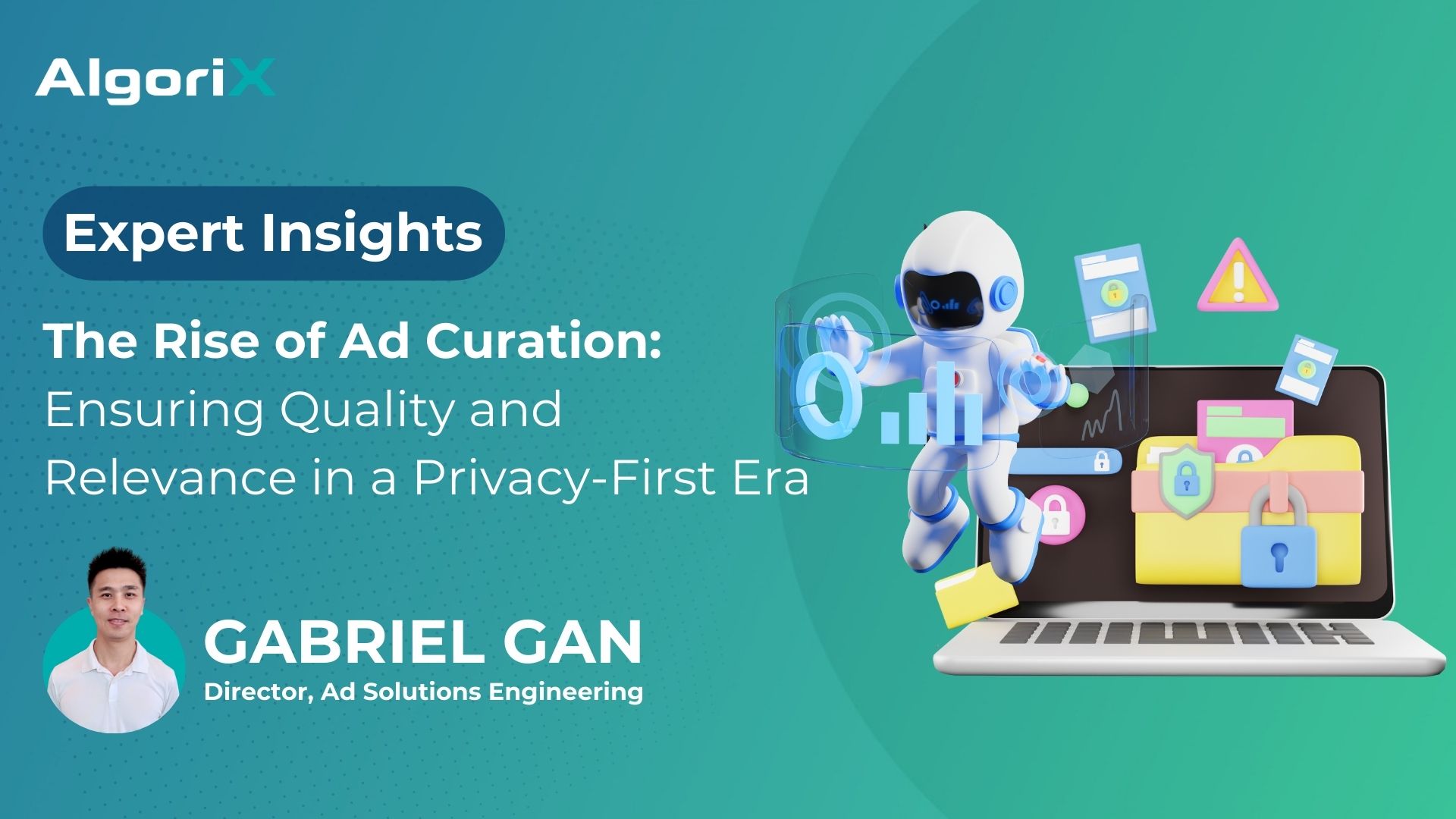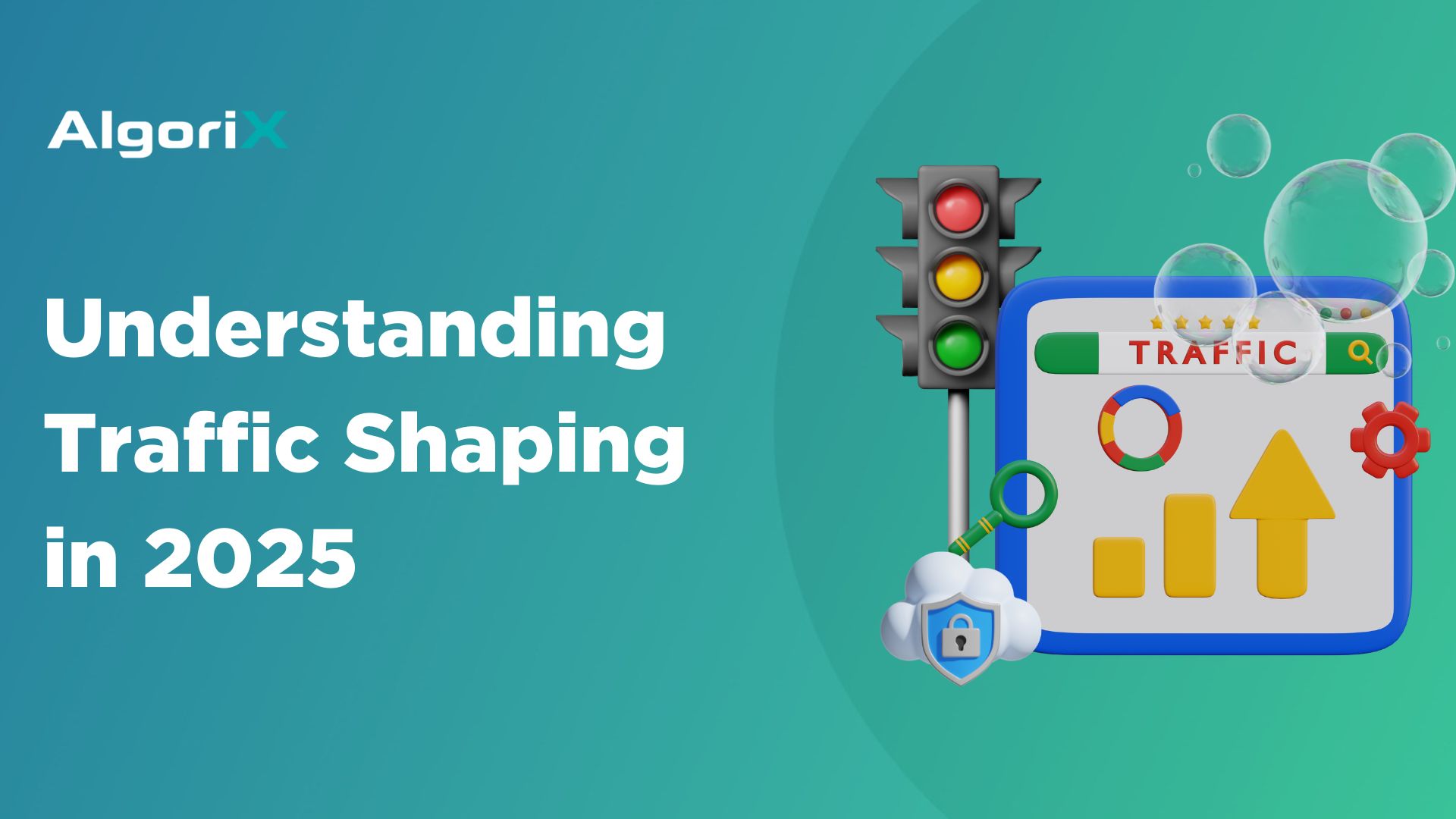The ad tech industry finds itself in a unique position of scrutiny as the world grapples with an urgent need for environmental sustainability. The global conscience has shifted, and sustainability is now a non-negotiable aspect of business and societal conduct. This elevated consciousness has put industries across the board under the microscope, and the ad tech sector is no exception.
Why is the ad tech industry so significant in this context? For one, the industry is a linchpin in the modern digital economy. The scale of its operations is colossal, reaching billions of users every day through an intricate web of publishers, networks, and platforms. Data centers that host online advertising services are estimated to consume about 1% of the world’s electricity.
The energy consumption required to power data centers for online advertising not only contributes to carbon emissions but also necessitates cooling systems, which use water and release waste heat into the environment. This energy and resource usage can be seen as a form of “invisible” contamination, indirectly affecting the physical world through increased demand for power grids and natural resources.
The carbon emissions from these data centers contribute to air pollution and climate change, affecting ecosystems and public health. Therefore, the digital realm of advertising is intrinsically linked to tangible environmental issues, making it imperative for the industry to adopt sustainable practices.
Yet, the factors that have fueled its remarkable success—speed, efficiency, and the ability to deliver hyper-targeted advertising—are in direct tension with the growing global imperative to mitigate environmental impacts.
The Ad Tech Dilemma: Sustainability vs. Performance
The tension becomes palpable as we recognize the potential harm of the ad tech industry’s standard operations.
The market continually demands higher performance metrics, such as faster load times, more accurate ad placements, and a smoother user experience. These demands, met through increasing server use and data processing, often exacerbate the energy problem. On the other hand, there’s a rising social and, in some cases, regulatory expectation for businesses to act responsibly and reduce their environmental impacts.
The collision of these two imperatives creates a complex challenge and an opportunity for the industry. Companies that can reconcile these apparently conflicting demands stand to gain the moral high ground and a distinct competitive advantage. Pioneers in the sector already show that sustainability can be integrated seamlessly into business models without compromising efficiency or speed.
As stakeholders ranging from consumers to investors become increasingly eco-conscious, companies within the ad tech landscape will need to adapt or risk becoming obsolete. The microscope under which the industry finds itself will only intensify its focus, and those who rise to the occasion will likely lead the sector into a new, sustainable era.
The Environmental Toll of Data Centers: Beyond the Screens
The discussion around environmental impact has traditionally focused on more visible culprits—factories with towering smokestacks or the endless stream of automobiles that fill our highways. While these are undeniably significant sources of pollution, the conversation has evolved to include less obvious but equally culpable players. One such offender that often flies under the radar is the data center.
According to the International Energy Agency, data centers are responsible for consuming between 240 and 340 terawatt-hours (TWh) of electricity globally. To put this in context, that’s approximately 1% to 1.3% of the world’s electricity consumption. The enormity of these numbers becomes alarming because these centers aren’t typically associated with pollution or environmental degradation in the public imagination.
The importance of data centers to the ad tech industry cannot be overstated. These complexes house the servers and storage devices that allow companies to manage and process vast quantities of data, from real-time bidding for ad spaces to user behavior tracking. Each transaction requires a piece of the data center’s resources since the operations are not merely abstract digital actions. They translate into real-world energy consumption and greenhouse gas emissions.
For example, the energy used for server operations and data processing often involves burning fossil fuels unless the data center is specifically powered by renewable sources. Even then, the manufacturing and maintenance of these servers contribute to a carbon footprint. Data transfers, especially those that happen at high volumes and speeds across global networks, add another layer of energy consumption.
This presents both a challenge and an opportunity for the ad tech industry. The challenge is maintaining operational efficiency while acknowledging and addressing the significant environmental impact. The opportunity lies in innovation—finding ways to leverage greener technologies, such as energy-efficient servers, better cooling systems, or transitioning to renewable energy sources. Companies proactively tackling these issues can differentiate themselves in an increasingly eco-conscious marketplace while contributing to global sustainability goals.
Bridging Performance and Sustainability Through SPO
In the last few years, the ad tech industry has started to undergo a profound transformation.
SPO, which traditionally aims to streamline the process of ad buying by selecting the most efficient paths, can also be leveraged for sustainability goals. By optimizing the supply chain, companies can reduce the number of intermediaries, lowering the overall energy consumption and carbon footprint associated with digital advertising.
For instance, fewer intermediaries mean fewer servers and data centers are needed, which directly correlates to less energy consumption and carbon emissions. This not only enhances performance by reducing latency and increasing speed but also aligns with sustainability objectives. Moreover, companies can choose to work with partners committed to renewable energy and sustainable practices, further minimizing the environmental impact.
In essence, SPO provides an opportunity to marry performance metrics with sustainability goals. By optimizing the digital supply path, companies can achieve operational efficiency while also making strides in reducing their environmental footprint. This dual focus ensures that the advertising industry can evolve in a manner that is both economically viable and environmentally responsible.
While these benefits may be secondary to the performance gains that attract companies to SPO initially, they are increasingly important for fulfilling Corporate Social Responsibility (CSR) goals.
CSR has evolved from a nice-to-have into a must-have, driven partly by consumer demand and, in some cases, regulatory requirements. In an age where businesses are expected to contribute positively to society, achieving environmental milestones has become more than a peripheral objective—a strategic imperative.
The alignment of SPO with CSR goals offers companies a tangible way to demonstrate their commitment to sustainability while gaining a competitive edge in an increasingly crowded marketplace.
A Green Horizon for Ad Tech
The unfolding of the future in any industry is largely a story of adaptation and innovation, particularly in a dynamic sector like ad tech. As we look toward what’s next, it’s increasingly evident that sustainability will be necessary for operational excellence and competitive differentiation.
The transition to renewable energy sources is an irreversible trend that’s making waves in the data center domain. Tech giants have already pledged to run their data centers on 100% renewable energy. Such commitments set a precedent for smaller companies to follow and send a powerful signal to investors and consumers about the company’s dedication to environmental sustainability.
The call for transparency in energy consumption and carbon footprint is gaining momentum, fueled by a blend of regulatory requirements and consumer activism.
Companies that get ahead of this trend by proactively disclosing their energy usage and CO(2) emissions will meet upcoming regulations more easily. They can gain a competitive advantage by attracting more eco-conscious clients and partners.
Arguably, the most enduring change will be the integration of sustainability into the very fabric of business strategy.
By recognizing the interplay between sustainable practices and business performance, companies can not only navigate the complexities of the modern ad tech landscape but also contribute to broader societal goals of environmental responsibility. The companies that weave sustainability into their core strategy are poised for success in an era where business-as-usual is no longer an option.
Seizing the Green Advantage: Sustainability and Success in Ad Tech
As the contours of the ad tech landscape continue to evolve, sustainability is transitioning from a peripheral concern to a central axis of success and competitive advantage. With the strategic integration of green initiatives, the industry is on the cusp of transformative change.
In this dynamic scenario, embracing sustainability is not just about doing the right thing for the planet—it’s also about securing a significant edge in an industry that is rapidly evolving and increasingly scrutinized. The ad tech companies that seize this green advantage will lead to innovation and social responsibility, setting the standard for a future where business success is inextricably linked to sustainable practices.













